Responsibility of States to minimizedisruptions to the global supply chain andseafarers’ challengesas a result of the COVID-19 pandemic
Draft resolution
Responsibility of States to minimizedisruptions to the global supply chain andseafarers’ challengesas a result of the COVID-19 pandemic
The General Assembly,
Recognizing that the COVID-19 pandemic is one of the greatest global challenges in the history of the United Nations, and further noting with deep concern its impact on health and the loss of life, mental health and wellbeing, as well as the negative impact on global humanitarian needs, the enjoyment of human rights and across all spheres of society, including on livelihoods, food security and nutrition, education, the exacerbation of poverty and hunger, disruption to economies, trade, societies, environments, and the exacerbation of economic and social inequalities within and among countries, which is reversing hard-won development gains and hampering progress towards achieving the 2030 Agenda for Sustainable Development, all its goals and targets,
Recognizing also the crucial rolethat international shipping and seafarers play on the integrity of the global supply chainand the importance that Governments and relevant authorities establish a coordinated and proactive approach to ensure the integrity and continued facilitation of the global supply chain,
Recallingthat the Council of the International Maritime Organization (IMO), at its thirty-first extraordinary session, urged flag and port States to ensure the welfare of seafarers, in particular that their rights to wages, shore leave, sick leave, access to medical care, food supplies and repatriation were preserved,
[Recalling alsothe statement adopted by the IMO Council, at its thirty-second extraordinary session, on recognition of the importance of the flow of trade by sea during the COVID-19 pandemic,]
Taking note of the numerous [appeals][calls] made by specialized agencies and other organizations of the United Nations system, and the international communityfor collaborative action in support of keeping ships moving, ports open and cross‑border trade flowing in order to ensure the integrity of the global supply chain during the pandemic,
Deeply concernedabout the significant challenges faced by the global shipping community to effect crew change and repatriation of seafarers as a result of the COVID-19 pandemic,
Welcominginitiatives such as theInternational Maritime Virtual Summit on Crew Changes, organized by the United Kingdom in July 2020 in order to overcome the obstacles affecting ships’ crew change, address the impact on seafarers’ wellbeing, and the impact that any failure by Governments to resolve theseissues might have on the safe, continuous and efficient operation of maritime transport,
Bearing in mindthat regulation 2.5 of the International Labour Organization’s 2006 Maritime Labour Convention (MLC, 2006) provides that seafarers have a right to be repatriated at the end of their contracts,
Consciousof the large numbers of seafarers that have had to extend their service on board ships after many months at sea, unable to be replaced or repatriated to their home countries,
Noting that each month more than 150,000 seafarers need to be changed over to and from ships which they operate, to ensure compliance with international maritime regulations for ensuring safety, crew health and welfare, and the prevention of fatigue,
Noting with concernthat it has been estimated that more than 300,000 seafarers require immediate repatriation, with many more serving on extended crew contracts and being overdue to return home, and that a similar number of seafarers urgently need to join ships to replace them,
Mindfulthat in accordance with the MLC, 2006, the maximum continuous period a seafarer should serve on board a ship without leave is 11 months,
Noting with appreciation thatthe Secretary-General of IMO established in April 2020 the Seafarers Crisis Action Team (SCAT) in the IMO Secretariat in order to, inter alia, monitor developments, coordinate efforts, communicate with all relevant stakeholders and provide targeted support in seafarers’ individual cases and particularly urgent situations regarding crew changes, repatriation, access to medical care and/or abandonment, where resolution at the United Nations and diplomatic level is required,
Having notedthe Recommended Framework of Protocols for Ensuring Safe Ship Crew Changes and Travel during the Coronavirus (COVID-19) pandemic, proposed by a broad cross section of global industry associations in consultative status with IMO representing the maritime transportation sector,
Emphasizingthat implementation of the above Recommended Framework of Protocols and other Member States’ initiatives have significantly contributed to facilitating crew change and repatriation of seafarers during the COVID-19 pandemic,
1 Calls upon Member States to put in place government response to the COVID-19 pandemic with a view to minimizing disruptions to global trade, supply chains, efficient operation of maritime transportand ensure the continued movement of food and livestock, products and essential goods by sea, contributing to getting back on track to achieve the Sustainable Development Goals (SDGs)
2 UrgesMember States and relevant national authorities to:
(a) Engage nationally and internationally in collaborative actions in order to implementthe Recommended Framework of Protocols for Ensuring Safe Ship Crew Changes and Travel during the Coronavirus (COVID-19) pandemic, as may be revised, or other coordinated approaches to ensure safe crew change and travel of seafarers;
(b) Designate seafarers as “key workers” providing an essential service, in order to facilitate safe and unhindered movement for embarking or disembarking a vessel and consider legal possibilities for accepting internationally recognised documentation carried by seafarers as evidence of their status as “key workers”, and for the purpose of their travel and movement for crew change; in order to allow such personnel to efficiently and safely perform their task;
(c) Consider, in liaison with relevant ministries and authorities, including those responsible for immigration, temporary measures including (where possible under relevant law) waivers, exemptions or other relaxations from any visa or documentary requirements that might normally apply to seafarers;
(d) Provideseafarers with immediate access to medical care, medical facilities and facilitate medical evacuation of seafarers in need of urgent medical attention when the required medical care cannot be provided either on board or in the port of call; and address the situation of seafarers who, due to their unforeseen longer periods on board, are facing expiration of essential medical prescriptions;
3 Calls oninternational organizations and other relevant stakeholders to support Member States in the implementation of government response and policies aimed at ensuring the integrity of the global supply chain, as well as employment and human rights of seafarers;
4 Invites Member States toinitiate a process of peer review and comprehensive evaluation of the experience achieved by the international community in countering the COVID-19 pandemic with a view to developing preparedness, response and contingency plans for future similar crises and enhancing the effective implementation of international conventions and multilateral instruments on transport and transit with the aim of promoting long‑term global sustainable transport.

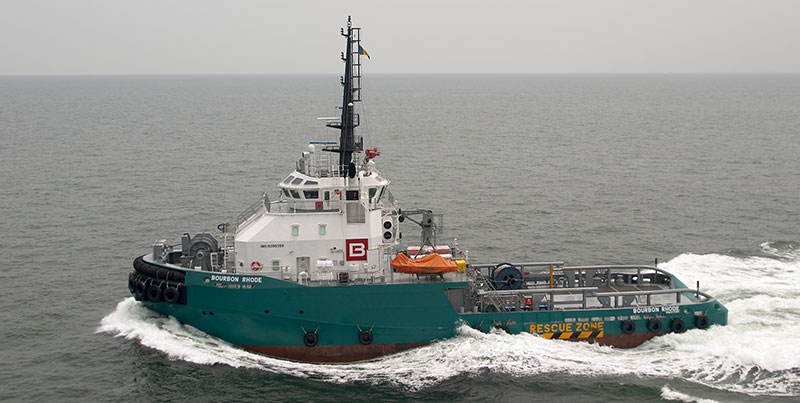
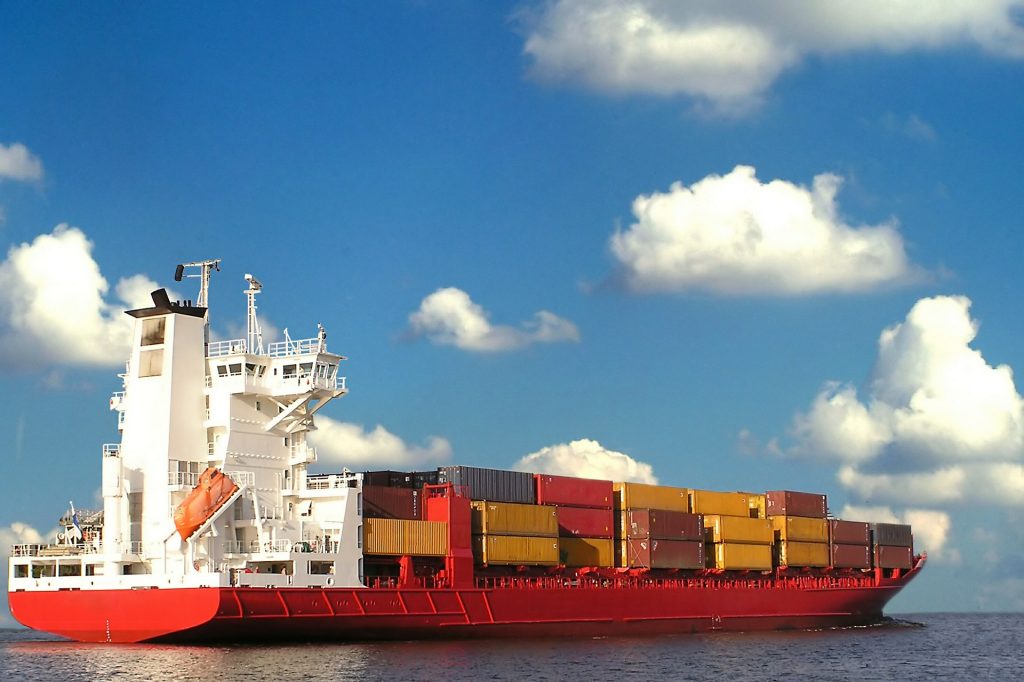
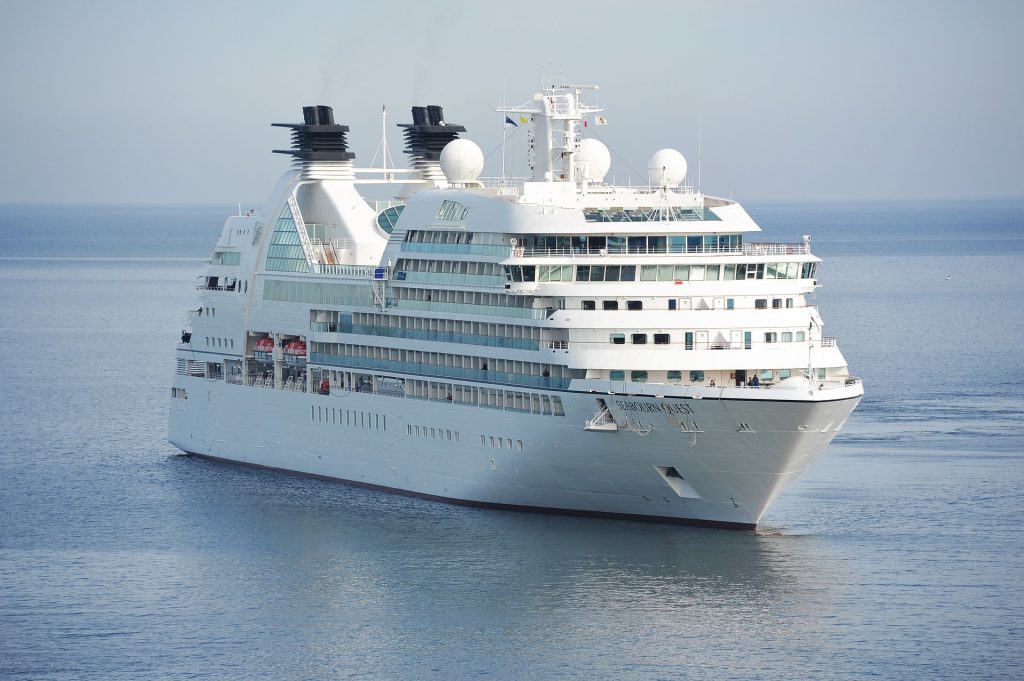
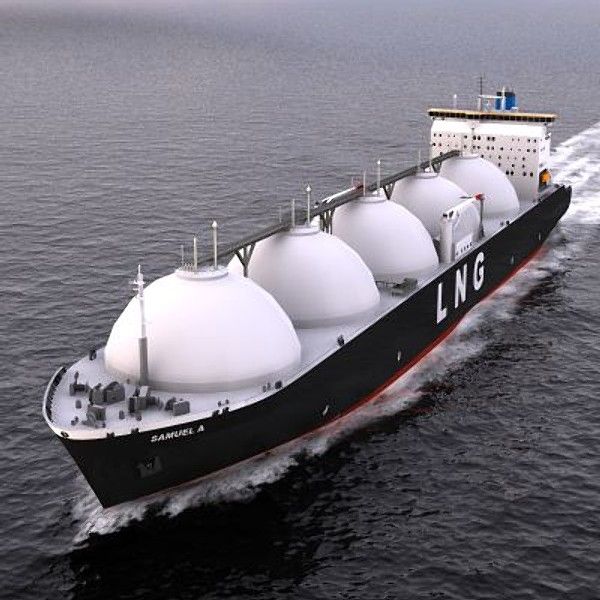
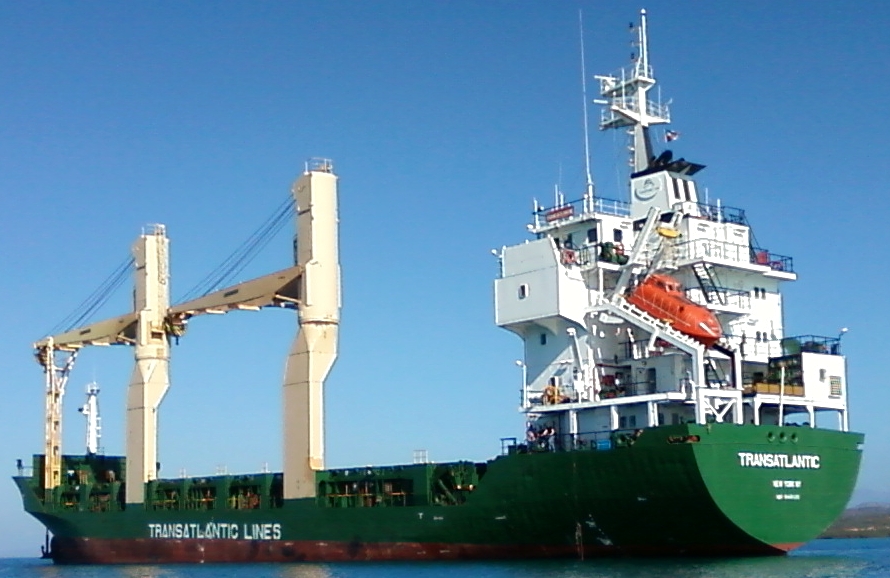
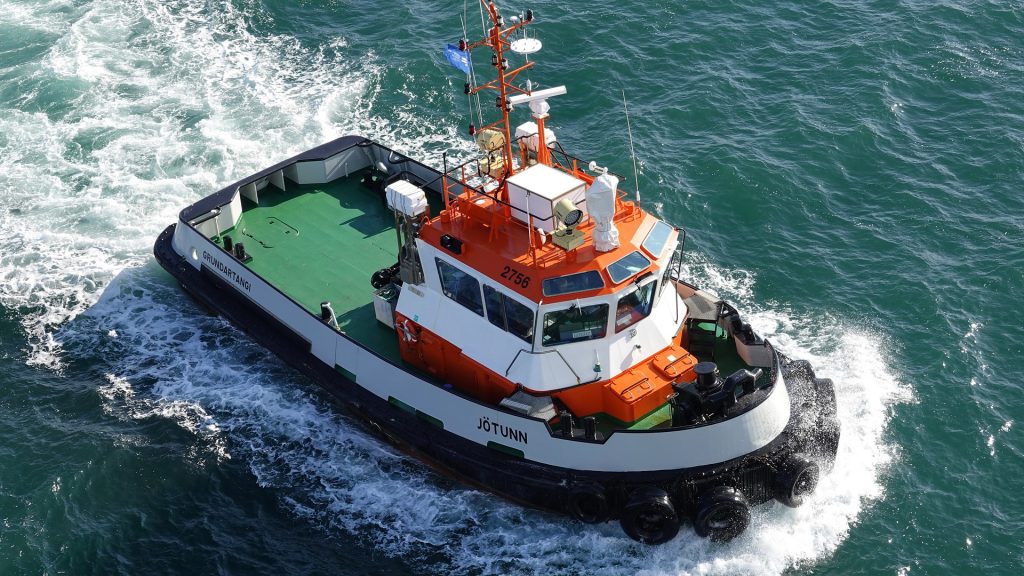
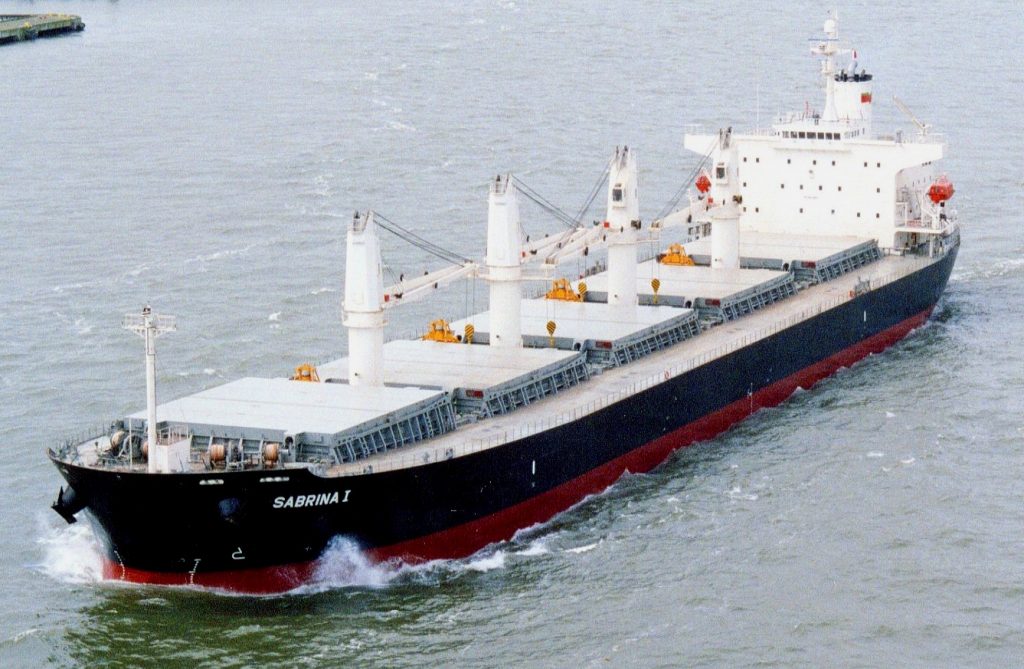
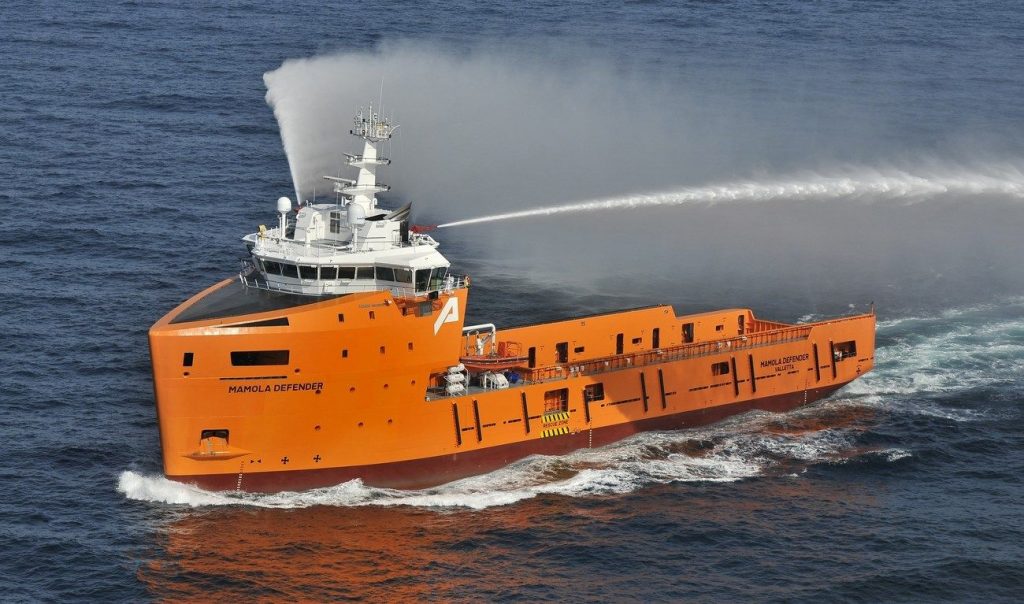
Odgovori